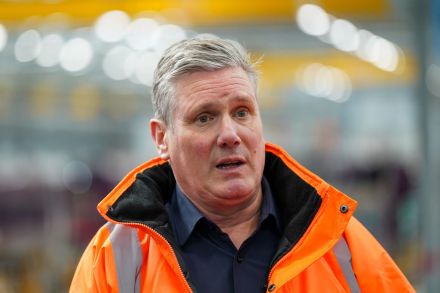How to stop China spying on our universities
Our universities are not safe from the messy realities of spies and geopolitical competition. The most infamous Soviet spy ring in history – the Cambridge Five – was recruited from, obviously, Cambridge University, back in the 1930s. Kim Philby and co. went on to share all sorts of damaging secret information with Britain’s Cold War adversary. There is an obvious solution The threat has evolved, and hostile states like China are now targeting academia to steal sensitive research from the UK’s world class universities. UK-based scholars are at the cutting edge of research into things like artificial intelligence, advanced robotics, and synthetic biology, all of which can be dual use –




















